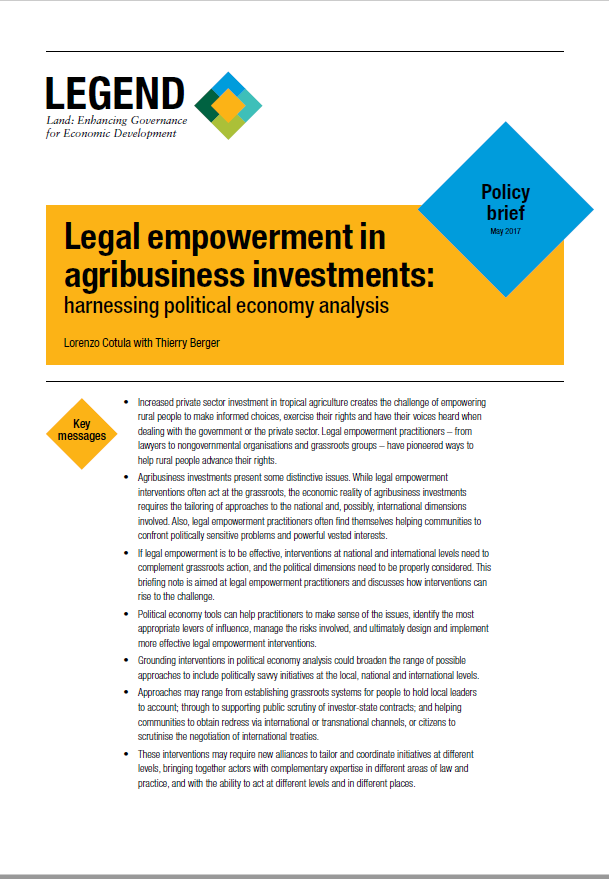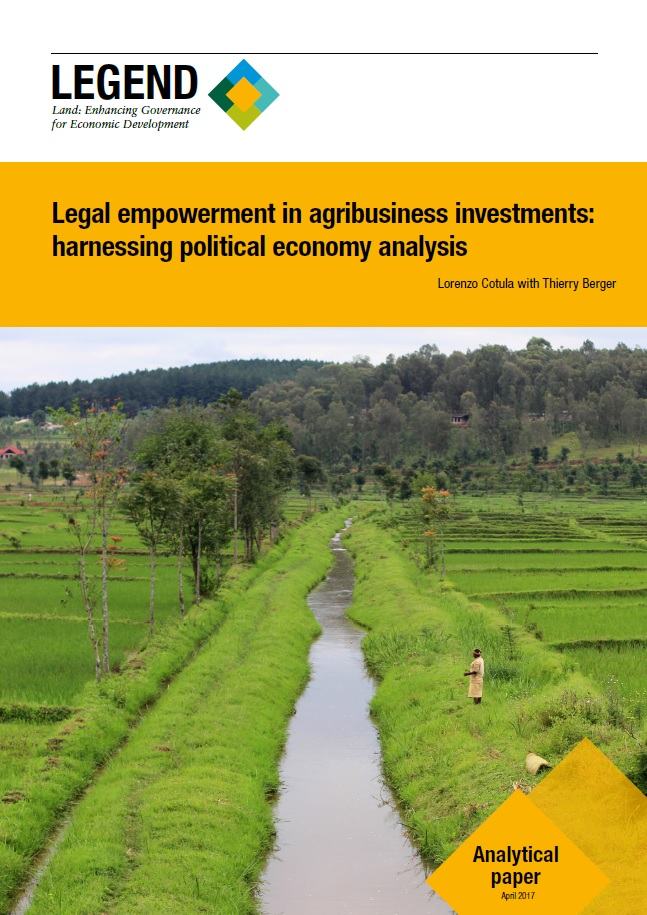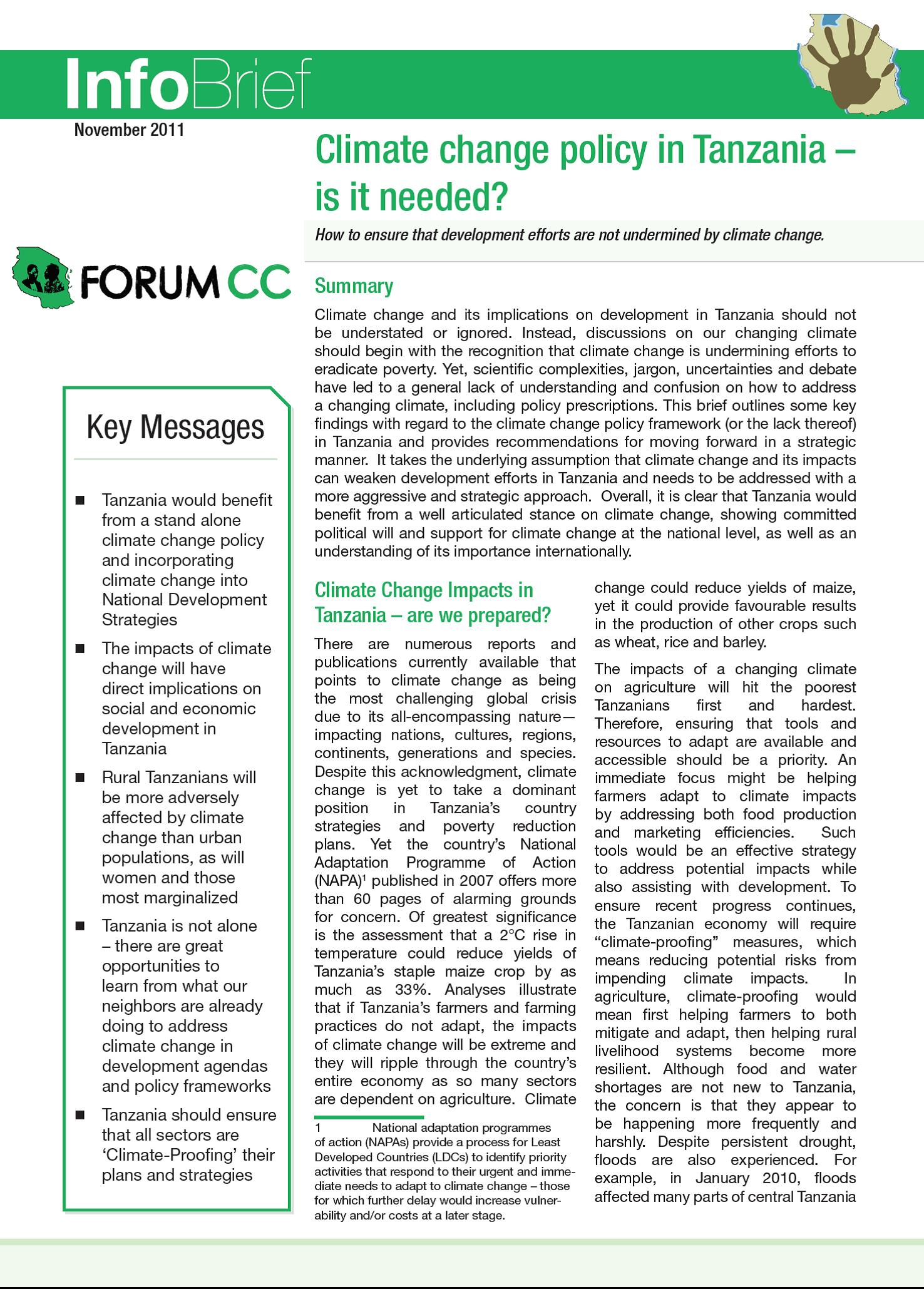Cartilha sobre a Lei de Terras
In view of the lack of human resources with specific competencies in customary land rights, within the past two decades FAO and various non-governmental organizations have developed materials and methodologies for the dissemination of the Land Law and the participatory delimitation of rural communities. Materials and methodologies were developed based on practical experience of several land projects implemented over a period of approximately 20 years.





